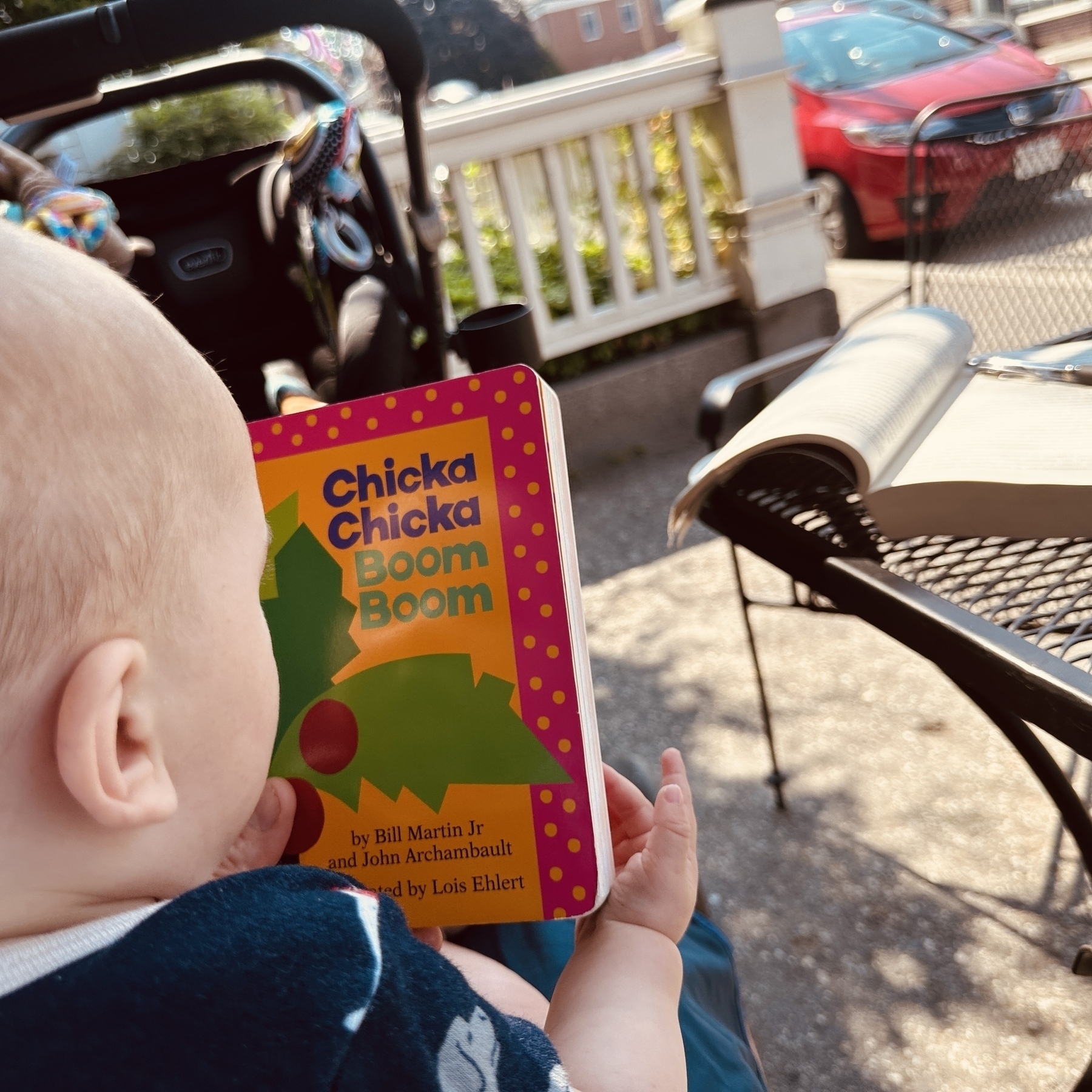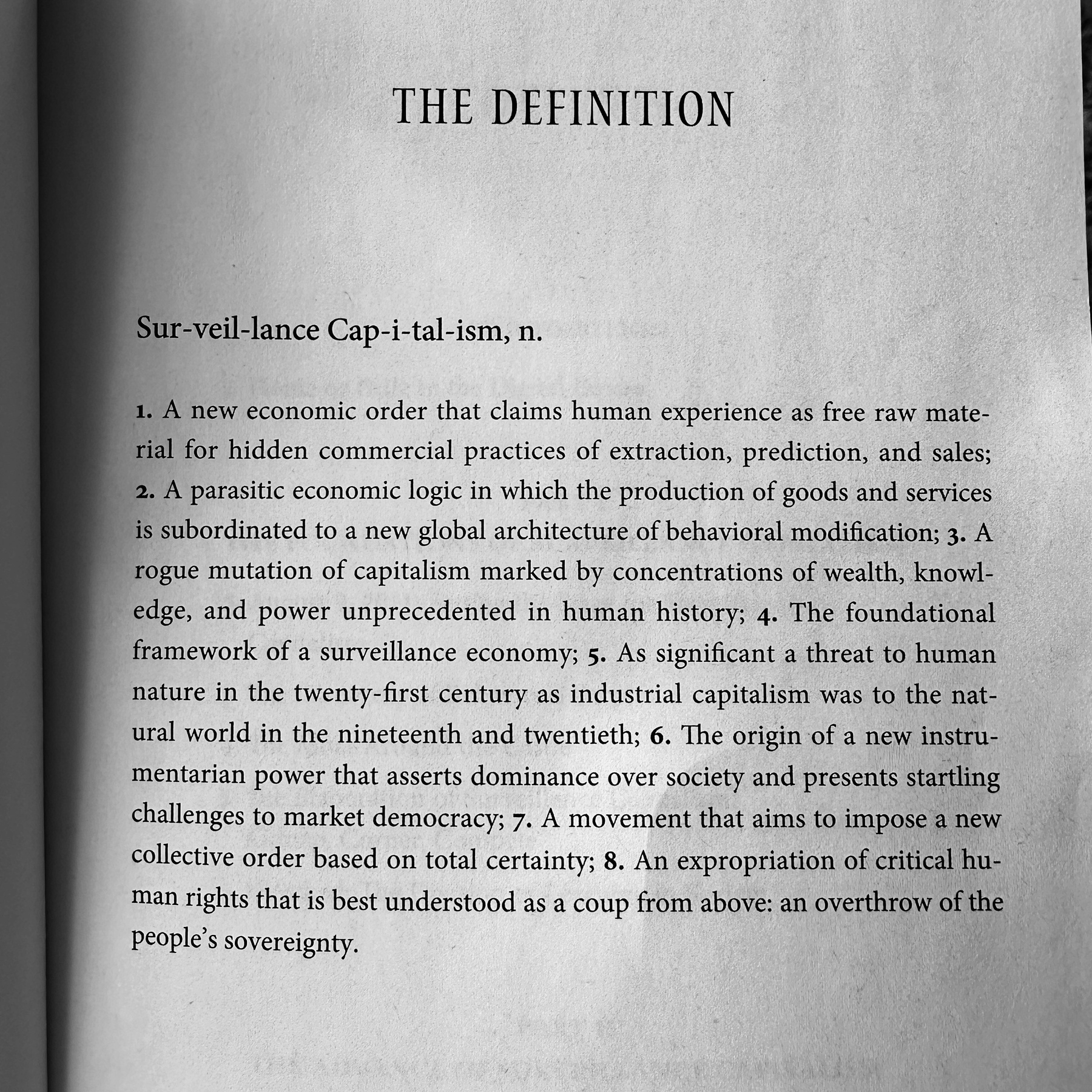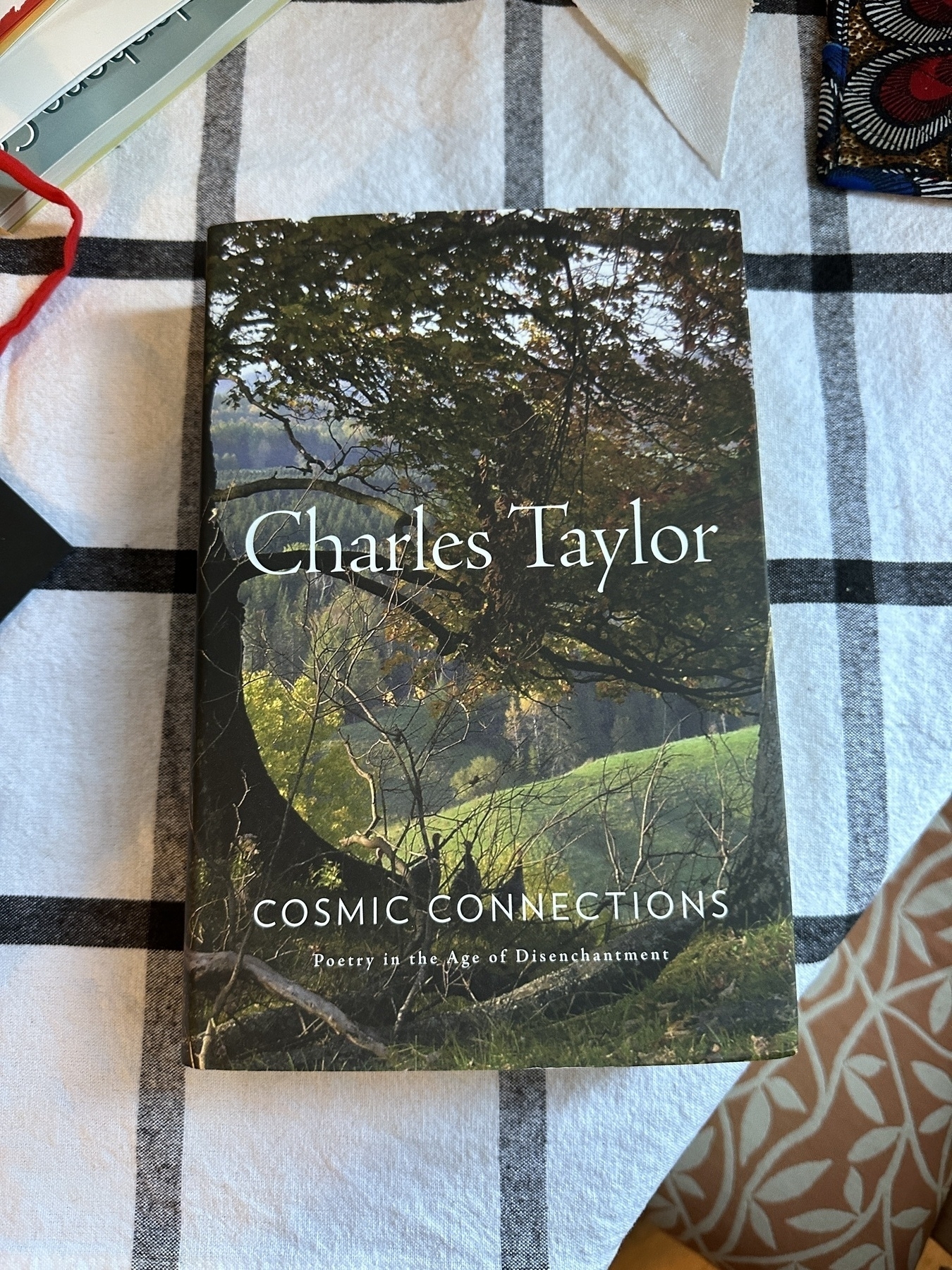
Finished reading: Democracy and Solidarity by James Davison Hunter 📚
Really, very, and quite disappointing. Without question or surprise, Hunter’s description is spot-on and his diagnosis illuminating. But while he kinda-sorta points in a few hopeful directions — namely, hope itself, but also forgiveness, the practice of distinguishing between the morality of citizens and systems, a de-emphasis on the primacy of voting as a marker of citizenship — he says very little about them. In the final chapter, Hunter does say he is hopeful and that he believes “the times are full of real opportunity if one has eyes to see them.” True enough, I think hope. But he follows this immediately by admitting, “Sadly, my eyesight is not very good.”
😒
And that’s about 8 pages from the end of the book.
Among the many reasons for the gloom, I’m sure that the status of our media and social media is high on the list. The healthy, dynamic public square, however elusive it has always been, is a noble and necessary aim. But our current modes of communication and self-education preclude, it seems, even the desire for a public square.
Regardless, in a sense, of America’s particular history, a central prognosis is stated rather bluntly and abruptly in Chapter 11, “The Great Unraveling.” Hunter refers to the “nebulous” status of “truth and falsehood, fact and fiction, real and unreal,” and admits that “the problem will remain entrenched for as long as [our current] media environment exists.” And, aside from the generic need to convince nearly the entire population to “stop snorting and smoking that shit” — i.e. get off social media and turn off the television — who has a solution for that?
Sadly, no one does. (Though some are doing a lot of work in that direction.)
Don’t get me wrong. A clear diagnosis and a sober view of history are worth their weight in democratic gold. As for prescription, Hunter’s previous guidance for “affirmation and antithesis” is as relevant and urgent as ever. And to his credit, he is still nothing if not truthful about the situation. As Makoto Fujimura put it, “hope can be hope only if it admits that which is darkest while urging toward the light.”
I plan to carry the baton of hope as best as I can and to continue pointing in as many good directions as I can find. (Jürgen Moltmann is not a bad place to start 🙂)
But, man, if this book didn’t feel like a really bad handoff…









